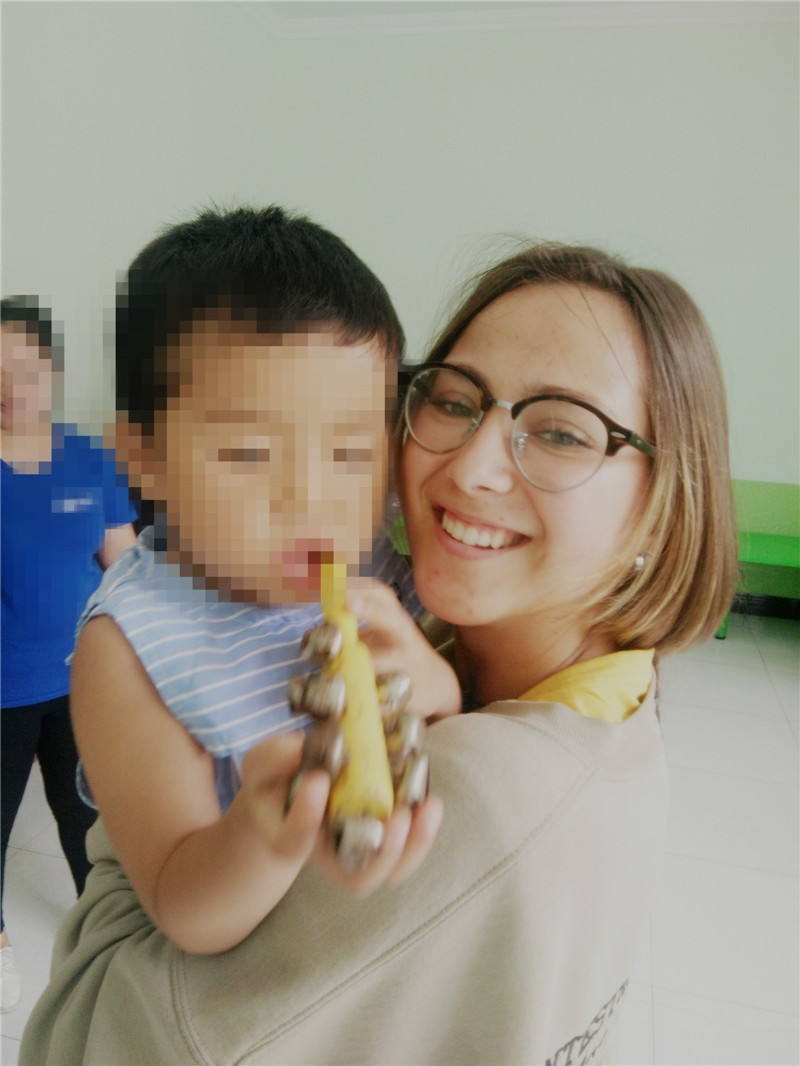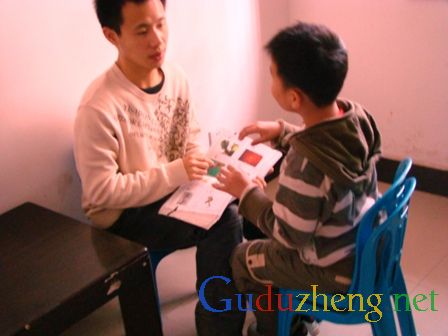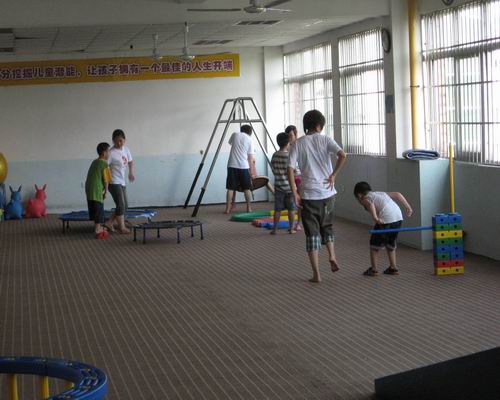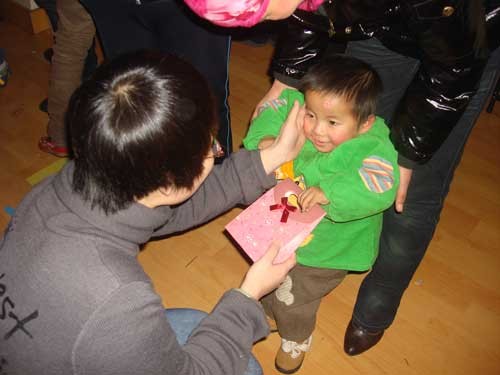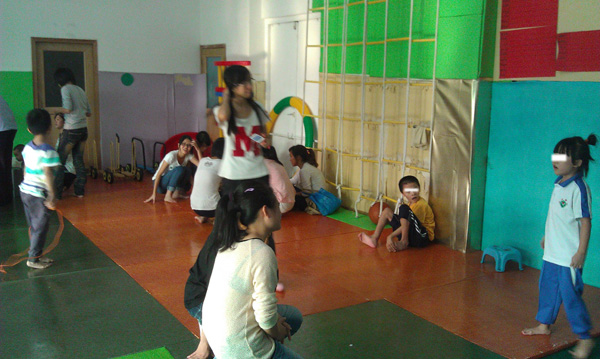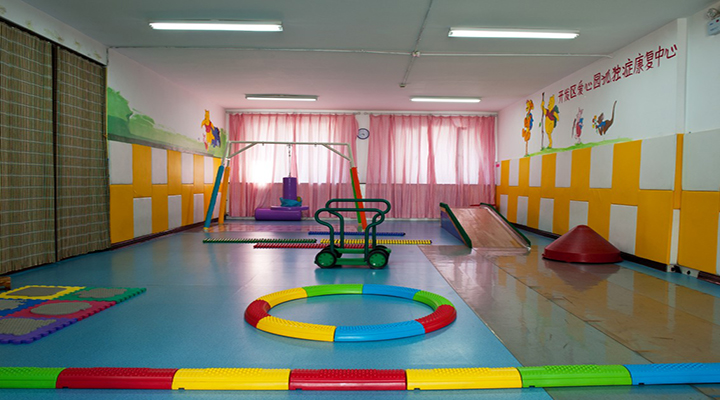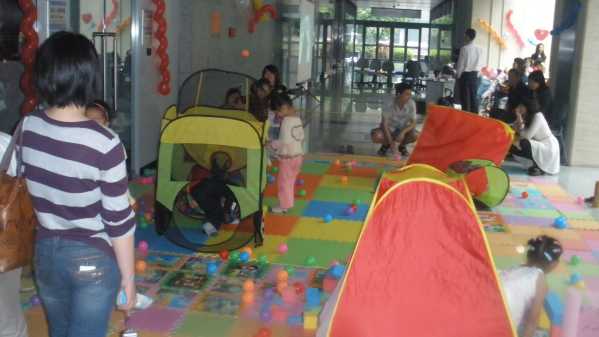【中国孤独症资源网报道】Complications during pregnancy may increase the risk of having a child with autism, according to American researchers.
美国研究人员指出怀孕时的并发症有可能会增加孩子患上自闭症的风险。
The team reviewed 64 studies of prenatal risk factors for autism. It is the first time a meta-analysis of the relationship between pregnancy-related factors and risk of autism has been carried out. The analysis is published in the July issue of the British Journal of Psychiatry.
研究小组审查了关于导致孩子自闭症的产前危险因素共64个研究报告。他们审查的结果在英国精神病学杂志发表。
Over 50 prenatal factors were examined. The researchers found that the factors most strongly associated with an increased autism risk are:
- Being born to an older mother or father.
- Having a mother who was born abroad.
- Having a mother who experienced bleeding during pregnancy.
- Having a mother who experienced gestational diabetes.
- Having a mother who used medication during pregnancy.
- Being the first born - or later born in families where there are three or more children.
他们对超过50个产前因素进行了研究。研究人员发现以下几个因素与自闭症有最强的关系:
Ø 父母年龄比较大
Ø 母亲不是本地人
Ø 母亲在怀孕的时候有出血的现象
Ø 母亲患有妊娠糖尿病
Ø 母亲在怀孕的时候使用药物
Ø 是家中首个孩子,或者是当家中已经有超过3个以上的孩子后所生的孩子。
The researchers put forward possible explanations for these risk factors. For example, increased maternal age may be associated with autism because of a higher risk of chromosomal abnormalities in eggs.
这个研究对这几个因素进行了进一步的解释。例如,随着年龄的增长,卵子更有可能产生染色体的异常,从而导致自闭症。
Mothers who are born in another country may not have natural resistance to infections in the country where they give birth, which may increase the risk for autism. Moving to another country may also put women under stress, which could increase their chances of having a child who develops autism.
母亲在其他国家出生可能会对她们生孩子的国家的一些感染没有天然的抵抗力,从而增加了孩子患有自闭症的风险。搬去另一个国家同样有可能增加女性的压力,从而增加了她们生的孩子会患上自闭症的可能性。
Bleeding during pregnancy, gestational diabetes and medication use are also associated with increased autism risk. Bleeding can cause foetal hypoxia (lack of oxygen to the brain of an unborn child). Women who develop diabetes during pregnancy experience hormonal and metabolic changes, which may affect their baby's health and development. Foetal development may also be affected by some medications which can cross the placenta during pregnancy.
怀孕期间流血,妊娠糖尿病和药物都和增加自闭症的风险有关系。出血会导致胎儿脑缺氧。妊娠糖尿病所引起的荷尔蒙和心神代谢的改变会影响胎儿的健康和成长。母亲用药会通过胎盘影响到胎儿。
The association between birth order and autism risk is unclear. However, children with autism are more likely to be the first-born in families with only two children. In larger families with three or more children, they are more likely to be born later. It is possible that parents decide not to have more children after one has developed autism.
孩子出生的次序与自闭症的联系不是非常清楚。但是,如果家里有2个孩子的,通常第一个孩子更容易会是自闭症。在有很多孩子(3个以上)的家庭,自闭症的孩子通常是比较后出生的。这个也有可能是当有一个自闭症的孩子出生后,家长决定不再继续生孩子。
The researchers said there was "insufficient evidence" to point to any one prenatal factor as being particularly significant. However, writing in theBritish Journal of Psychiatry, they said: "There is some evidence to suggest that exposure to pregnancy complications in general may increase the risk of autism."
研究人员称他们并没有足够的证据去把自闭症的风险指向任何一个妊娠中的因素。不过,在英国精神病学杂志中他们写到:“还是有一些证据表明怀孕期间的并发症一般来说还是会增加婴儿患有自闭症的风险的。”
Reference:
"Prenatal risk factors for autism: comprehensive meta-analysis"
Gardener H, Spiegelman D and Buka SL (2009)
British Journal of Psychiatry, 195: 7-14
- 发表跟帖
- 相关文章
- 热门文章
 家长一点通:
家长一点通:




